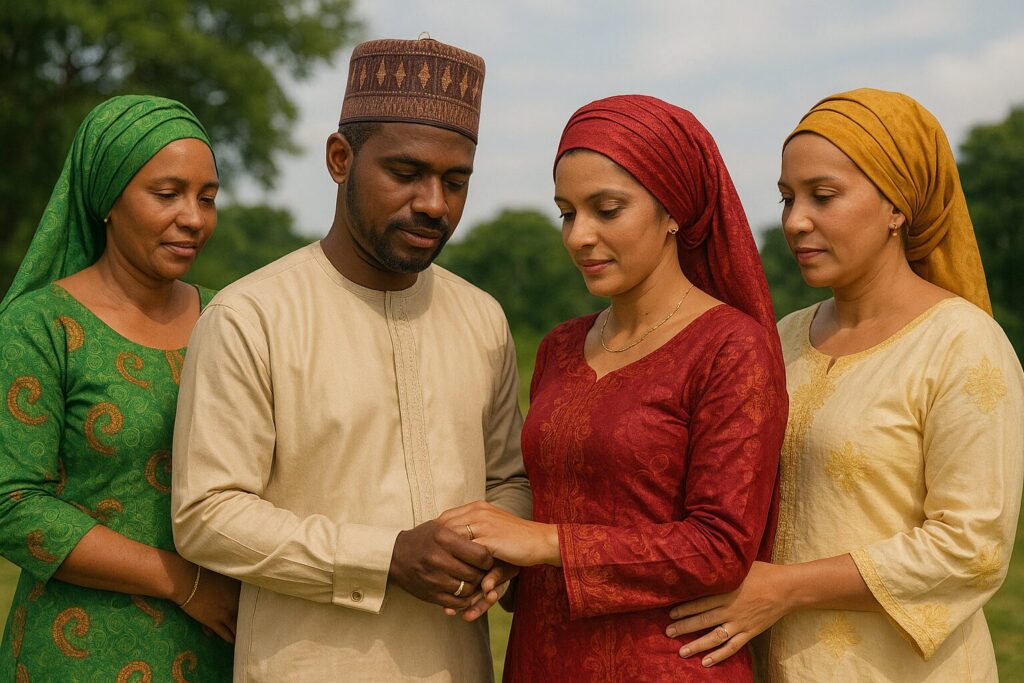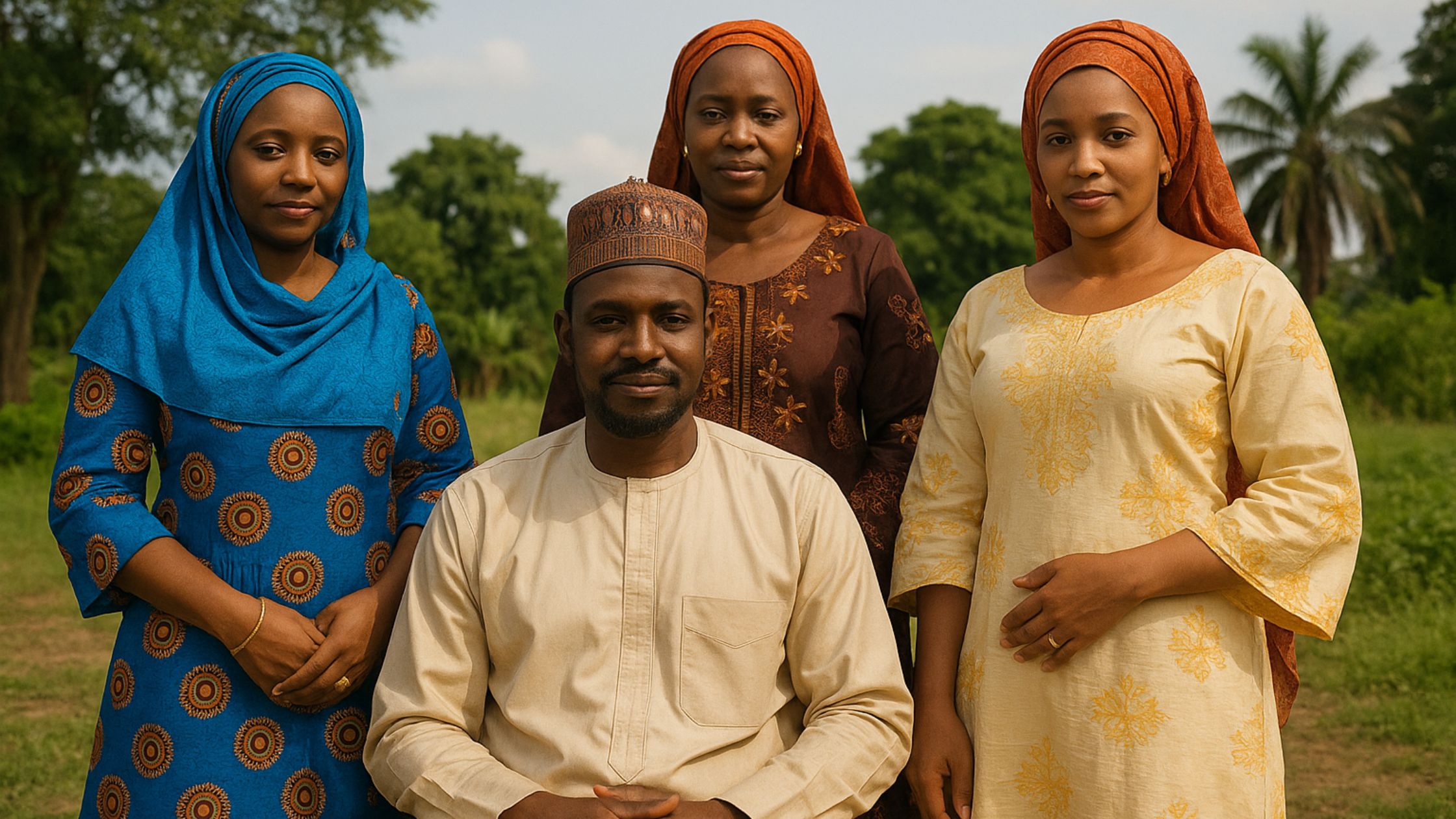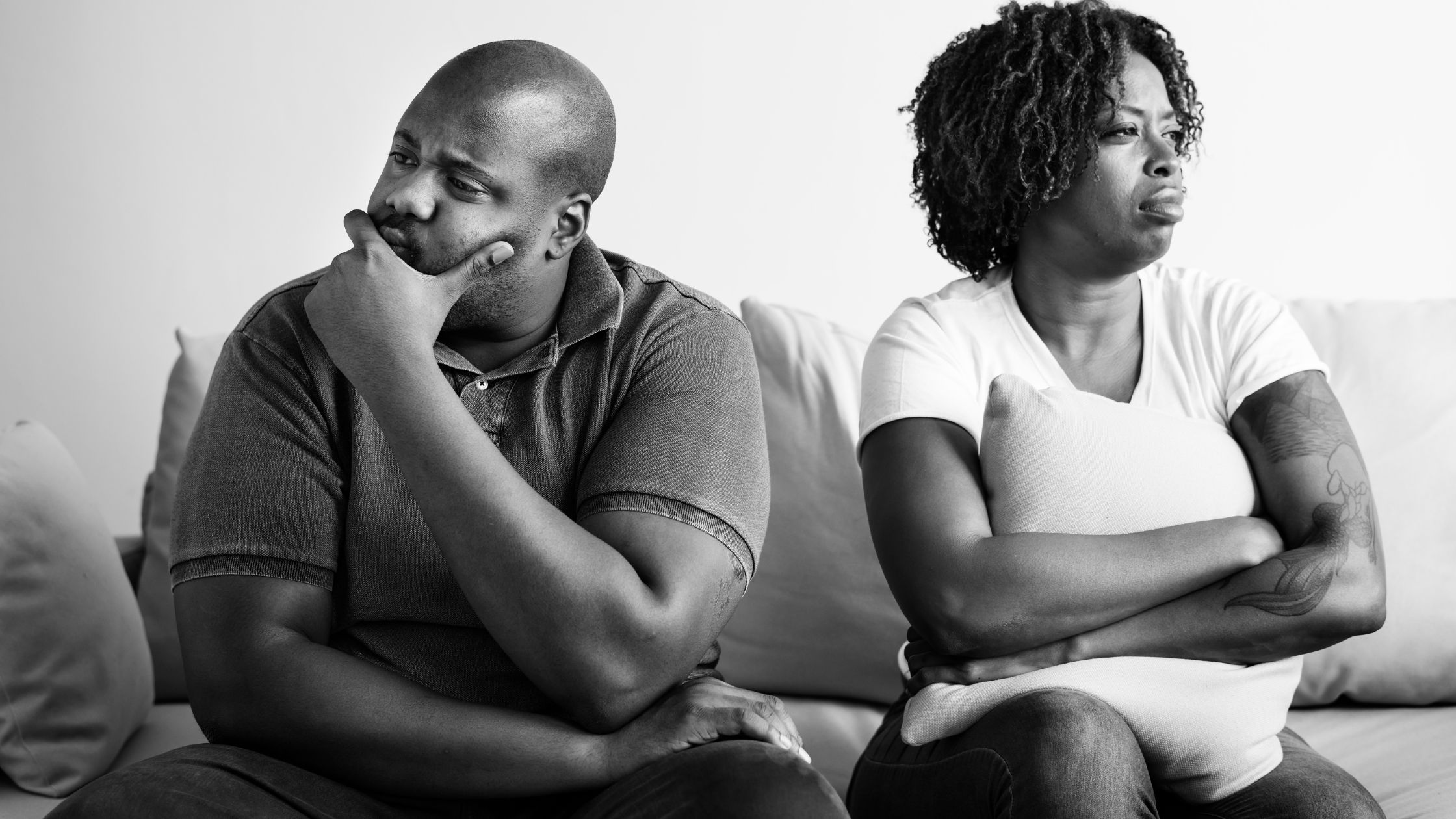Yes — in some parts of Nigeria, having multiple wives is both culturally accepted and legally recognized under certain systems. This practice is commonly known as polygyny (one man with more than one wife) and has deep roots in many communities where marriage traditions are tied to religion, culture, and social status.
In Nigeria, the idea of a man having more than one wife is not unusual in certain regions. It’s often viewed as a sign of wealth, social status, and responsibility. Historically, large families were considered a blessing, and men who could provide for multiple wives and children were respected within their communities.
Legal & Cultural Frameworks
- Under statutory (civil) law, marriages are meant to be monogamous, so registering more than one spouse would not be legally accepted.
- However, customary law and Islamic (Sharia) law allow polygamous marriages in many regions. In the 12 northern states that practice Sharia, a man may legally marry up to four wives, provided he can care for them equally and fairly.
- Outside the north, in the south and in Christian-majority areas, polygamy is largely governed by local traditions and customary laws rather than formal state law.
Related Content: Cultural Stereotypes in Marriage: Debunking Myths About Igbo Women
How Common Is It?
- An estimated 28% of Nigerian marriages are polygamous.
- The practice is more prevalent in rural areas and among certain ethnic or religious groups.
- Higher education and urban living often correlate with a preference for monogamous unions.

Challenges & Shifts
Polygamous households can face tension over resource distribution, emotional support, and legal rights of each spouse and children.
In recent decades, there has been a shift in urbanization, education, and modern values are influencing many Nigerians to prefer monogamous marriages.
Also, polyandry (a woman having multiple husbands) isn’t legally recognized in Nigeria and remains a very rare exception in practice.
So, is it common? In certain parts of Nigeria and under specific cultural or religious systems, yes — polygamy is accepted and practiced. But in many parts of the country, especially in urban and Christian communities, monogamy is the norm.








